AARP Hearing Center

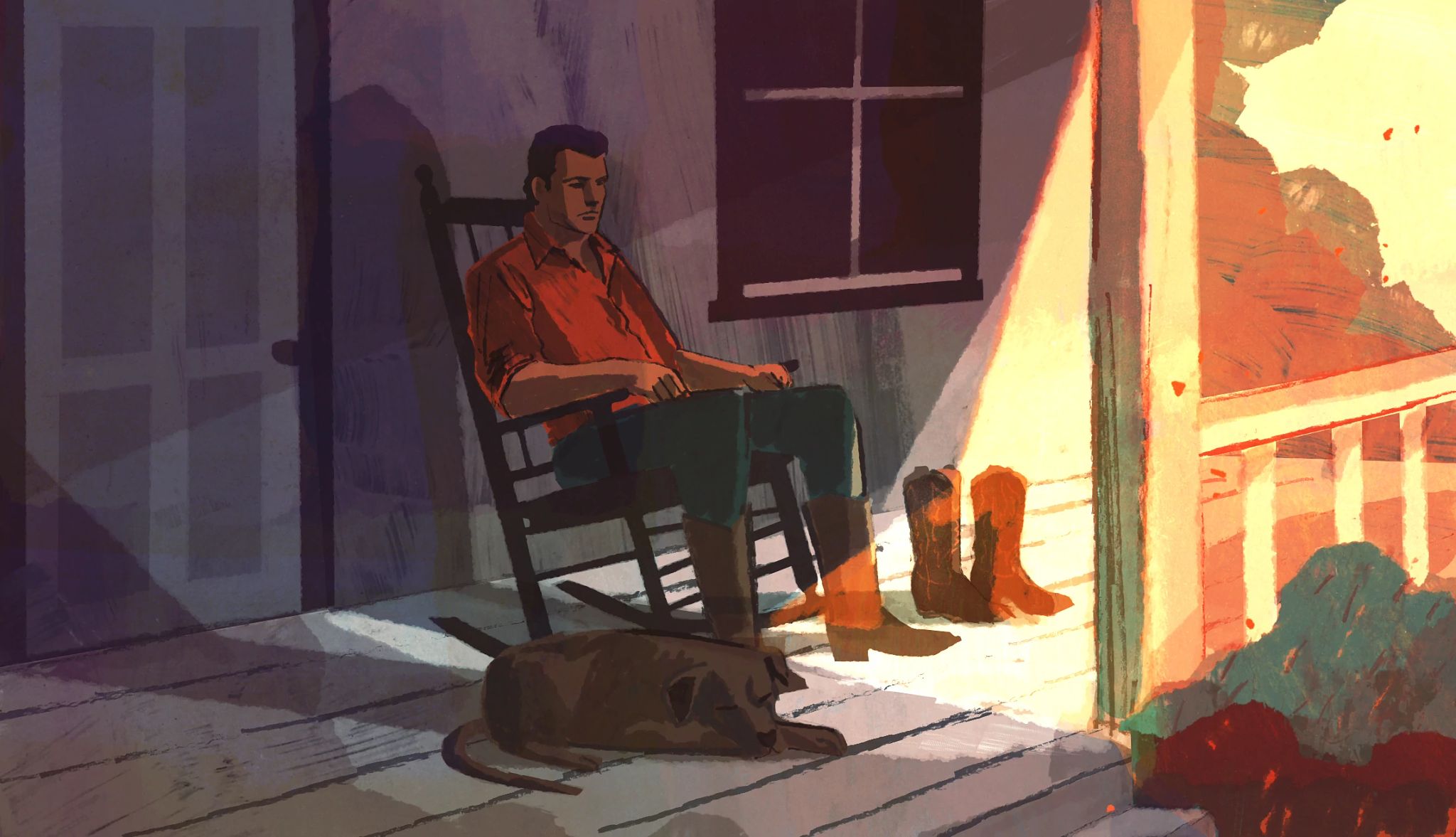
Chapter 4
Sophia
Sophia wasn’t sure exactly why she’d said it. The words had simply come out before she could stop them. It occurred to her to try to backtrack or play it off somehow, but for whatever reason, she realized that she didn’t want to.
It had less to do with his appearance, despite the fact that Marcia had been exactly right. He was unmistakably good-looking in a boyish kind of way, with a friendly, open smile highlighted by dimples. He was lean and wiry, too, his broad shoulders a contrast to his narrow hips, and the unruly mass of brown curls under his battered hat was definitely sexy. What really stood out were his eyes, though—she’d always been a sucker for beautiful eyes. His were a summer blue, vivid and bright enough to make you suspect colored contacts, as ludicrous as she knew Luke would have found such things.
She had to admit, it helped that he so obviously found her attractive. Growing up, she’d always been gawky, with long skinny legs, zero in the hips department, and prone to the occasional bout of acne. It wasn’t until she was a junior in high school that she’d needed more than a training bra. All that had begun to change during her senior year, although it mostly made her feel self-conscious and awkward. Even now, when evaluating herself in the mirror, she still sometimes caught sight of the teenage girl she used to be, and it surprised her to realize that no one else could.
As flattering as Luke’s appreciation was, what appealed to her most was the way he made everything appear easy, from the unflappable way he’d handled Brian to their meandering conversation. She never had the sense that he was trying to impress her, but his quiet self-possession made him come across as very different from the guys she met at Wake—especially Brian.
She also liked that he was comfortable leaving her alone with her thoughts. A lot of people felt the need to fill every silence, but Luke simply watched the bulls, content to keep his own counsel. After a while, she realized that the music from the barn had stopped temporarily—the band on a short intermission, no doubt—and she wondered whether Marcia would try to find her. She found herself hoping that she wouldn’t—not yet, anyway.
“What’s it like living on a ranch?” she asked, breaking the silence. “What do you do all day?”
She watched as he crossed one leg over the other, the toe of his boot in the dirt. “A bit of everything, I guess. There’s always something to do.”
“Such as?”
He absently massaged one hand with the other as he thought about it. “Well, for starters, horses and pigs and chickens need to be fed first thing in the morning and their stalls need to be cleaned. The cattle have to be monitored. I have to check the herd every day to make sure they’re okay—no eye infections, no cuts from the barbed wire, things like that. If one is hurt or sick, I try to take care of it right away. After that, there are pastures to irrigate, and a few times a year, I have to move all the cattle from one pasture to the next, so they always have good grass. Then, a couple of times a year, I have to vaccinate the herd, which means roping them one by one and keeping them separated afterwards. We also have a pretty good-size vegetable garden for our own use, and I’ve got to keep that going, too . . .”
She blinked. “That’s all?” she joked.
“Not quite,” he continued. “We sell pumpkins, blueberries, honey, and Christmas trees to the public, so sometimes I spend part of my day planting or weeding or watering, or collecting the honey from the hives. And when the public comes out, I have to be there to tie down the trees or help carry pumpkins to the car, or whatever. And then, of course, there’s always something broken that needs repairs, whether it’s the tractor or the Gator or the fencing or the barn or the roof on the house.” He offered a rueful expression. “Trust me, there’s always something to do.”
“You can’t possibly do all that alone,” Sophia said in disbelief.
“No. My mom does quite a bit, and we have a guy who’s been working for us for years. José. He handles what we can’t, essentially. And then when we have to, we’ll bring in crews for a couple of days to help shape the trees or whatever.”
She frowned. “What do mean by ‘shape the trees’? You mean the Christmas trees?”
“In case you were wondering, they don’t grow in pretty triangles. You have to prune them as they’re growing to make them come out the way they do.”
“Really?”
“And you have to roll the pumpkins, too. You want to keep them from rotting on the bottom, but you also want them to be round, or at least oval, or no one will buy them.”
She wrinkled her nose. “So you literally roll them?”
“Yep. And you have to be careful not to break the stem.”
“I never knew that.”
“A lot of people don’t. But you probably know a lot of things that I don’t.”
“You knew where Slovakia was.”
“I always liked history and geography. But if you ask me about chemistry or algebra, I’d probably be lost.”
“I never liked math that much, either.”
“But you were good at it. I’ll bet you were among the best in your class.”
“Why would you say that?”
“You go to Wake Forest,” he answered. “I’d guess you aced every subject growing up. What are you studying there?”
“Not ranching, obviously.”
He flashed those dimples again.
She picked at the railing with her fingernail. “I’m majoring in art history.”
“Is that something you were always interested in?”
“Not at all,” she said. “When I first got to Wake, I had no idea what I wanted to do with my life, and I took the kind of classes that all freshmen take, hoping I’d stumble on something. I wanted to find something that made me feel . . . passionate, you know?”
When she paused, she could feel his attention on her, focused and sure. His genuine interest reminded her again of how different he was from the guys she knew on campus.
“Anyway, when I was a sophomore, I signed up for a class in French Impressionism, mostly to fill out my schedule, not for any particular reason. But the professor was amazing—intelligent and interesting and inspirational, everything a professor should be. He made art come alive and feel relevant, somehow . . . and after a couple of classes, it just clicked for me. I knew what I wanted to do, and the more art history classes I took, the more I knew how much I wanted to be part of that world.”
“I’ll bet you’re glad you took the class, huh?”
“Yeah . . . my parents, not so much. They wanted me to major in pre-med or pre-law or accounting. Something that will lead to a job when I graduate.”
He tugged at his shirt. “As far as I know, it’s having a degree that’s important. You can probably get a job doing almost anything.”
“That’s what I tell them. But my real dream is to work in a museum.”
“So do it.”
“It’s not as easy as you might think. There are a lot of art history majors out there and only a handful of entry-level positions to go around. Plus a lot of museums are struggling, which means they’re cutting back on their staff. I was lucky enough to get an interview with the Denver Art Museum. It’s not a paid position, it’s more of an internship thing, but they said that there’s a possibility it could evolve into a paying position. Which, of course, begs the question as to how I’d be able to pay my bills while working there. And I wouldn’t want my parents to support me, not that they could afford it. I have a younger sister at Rutgers, and two more starting college soon and . . .”
She said nothing, momentarily daunted. Luke seemed to read her mind and didn’t press. “What do your parents do?” he asked instead.
“They own a deli. Specialty cheeses and meats. Fresh-baked bread. Homemade sandwiches and soups.”
“Good food?”
“Great food.”
“So if I ever go in there, what should I order?”
“You can’t go wrong with anything. My mom makes an amazing mushroom soup. That’s my favorite, but we’re probably best known for our cheesesteaks. At lunch, there’s always a long line and that’s what most people order. It even won an award a couple of years back. Best sandwich in the city.”
“Yeah?”
“Oh, yeah. The newspaper ran a contest and people voted and everything. My dad framed the certificate and it hangs right by the register. Maybe I’ll show it to you one day.”
He brought his hands together, mimicking her earlier stance. “I think I’d like that, Sophia.”
She laughed, acknowledging his comeback and liking how he said her name. It came out slower than she was used to, but also smoother, the syllables rolling off his tongue in a pleasing, unrushed cadence. She reminded herself that they were strangers, but somehow it didn’t feel that way. She leaned back against the fence post.
“So those other guys who came over . . . did you come here with them?”
He peered in their direction, then turned back to her. “No,” he said. “Actually, I only knew one of them. My friends are inside. Probably ogling your friends, if you want to know the truth.”
“How come you’re not in there with them?”
He used a finger to push the brim of his hat back. “I was. For a while, anyway. But I wasn’t in the mood to do much talking, so I came out here.”
“You seem to be talking fine right now.”
“I guess I am.” He gave a sheepish grin. “There’s not much to tell, other than what I’ve already said. I ride bulls and work on the family ranch. My life ain’t all that interesting.”
She studied him. “Then tell me something you don’t usually tell people.”
“Like what?” he said.
“Anything,” she said, lifting her hands. “What were you thinking about earlier, when you were standing out here all alone?”
Luke shifted uncomfortably and glanced away. He said nothing at first. Instead, buying time, he folded his hands before him on the railing. “To really understand, I think you’d need to see it,” he said. “But the problem is, it’s not exactly here.”
“Where is it?” she asked, puzzled.
“Over there,” he said, motioning toward the corrals.
Sophia hesitated. Everyone knew the stories: Girl meets guy who comes across as nice and pleasant, but as soon as he gets her alone . . . And yet, as she regarded him, she didn’t hear any warning bells. For some reason she trusted him, and not simply because he’d come to her aid. It just didn’t feel like he was coming on to her; she even had the sense that if she asked him to leave, he’d walk away and she’d never talk to him again. Besides, he’d made her laugh tonight. In the short time they’d spent together, she’d forgotten all about Brian.
“Okay,” she responded. “I’m game.”
If he was surprised by her answer, he didn’t show it. Instead he simply nodded, and putting both hands on the top railing, he hopped gracefully over the fence.
“Show-off,” she teased. Bending down, she squeezed through the rails, and a moment later, they started toward the corrals.
As they crossed the pasture toward the fence on the far side, Luke maintained a comfortable distance. Sophia studied the undulations of the fence line as it rode the contours of the land, marveling at how different this place was from where she’d grown up. It occurred to her that she’d come to appreciate the quiet, almost austere beauty of this landscape. North Carolina was home to a thousand small towns, each with its own character and history, and she’d come to understand why many locals would never leave. In the distance, the pines and oaks, scrabbled together, formed an impenetrable scrim of blackness. Behind them, the music gradually faded, the distant sound of meadow crickets emerging in its wake. Despite the darkness, she felt Luke appraising her, though he was trying not to be obvious about it.
“There’s a shortcut after the next fence,” he said. “We can get to my truck from there.”
The comment caught her off guard. “Your truck?”
“Don’t worry,” he said, raising his hands. “We’re not leaving. We’re not even getting in. It’s just that I think you’ll be able to see better from the bed. It’s higher and more comfortable. I’ve got a couple of lawn chairs in the bed that I can set up.”
“You have lawn chairs in the bed of your truck?” She squinted in disbelief.
“I’ve got a lot of stuff in the bed of my truck.”
Of course he did. Didn’t everyone? Marcia would have a field day with this.
By then, they’d reached the next fence, and the glow from the arena lights was growing stronger. Again, he hopped over it effortlessly, but this time the slats were placed too narrowly for her to squeeze through. Instead, she climbed up, perching on top before swinging her legs over. She took his hands as she jumped down, liking their callused warmth.
They trekked to a nearby gate and veered toward the trucks. Luke angled toward a shiny black one with big tires and a rack of lights across the roof, the only one parked with the nose in the opposite direction. He opened the tailgate and hopped up into the back. Again, he held out his hands, and with a quick lift, she was standing next to him in the bed of the truck.
Luke turned around and began rummaging, moving things aside, his back to her. She crossed her arms, wondering what Marcia was going to think of all this. She could imagine her questions already: We’re talking about the cute one, right? He took you where? What were you thinking? What if he was crazy? Meanwhile, Luke continued to sort through various items. She heard a metallic clunk as he finally reappeared beside her with the chair, the kind that most people brought to the beach. After opening it, he set it down in the bed of the truck and motioned toward it. “Go ahead and sit. It’ll be ready in just a bit.”
She stood without moving—again picturing Marcia’s skeptical face—but then decided, Why not? The whole night had felt slightly surreal, so finding herself sitting in a lawn chair in the bed of a pickup owned by a bull rider was an almost natural extension. She reflected on the fact that aside from Brian, the last time she’d been alone with a guy was the summer before she first came to Wake, when Tony Russo had taken her to the prom. They’d known each other for years, but past graduation, it hadn’t amounted to much. He was cute and smart—he was heading to Princeton in the fall—but he was all hands by their third date, and—
Luke set the other chair beside her, interrupting her thoughts. Instead of sitting, however, he hopped down from the bed and went around to the driver’s-side door and leaned inside the cab. A moment later, the radio came on. Country-western.
Of course, she thought to herself, amused. What else would it be?
After rejoining her, he took a seat and stretched out his legs in front of him, crossing one leg over the other.
“Comfy?” he asked.
“Getting there.” She squirmed a bit, conscious of how close they were to each other.
“Do you want to trade chairs?”
“It’s not that. It’s . . . this,” she said with an all- encompassing wave. “Sitting in chairs in the back of your truck. It’s new to me.”
“You don’t do this in New Jersey?”
“We do stuff. Like see movies. Go out to eat. Hang out at a friend’s house. I take it you didn’t do any of those things growing up?”
“Of course I did. I still do.”
“What was the last movie you went to?”
“What’s a movie?”
It took her a second to realize he was teasing, and he laughed at her rapidly changing expression. Then he motioned toward the rails. “They’re bigger up close, don’t you think?” he asked.
When Sophia turned, she saw a bull lumbering slowly toward them, not more than a few feet away, chest muscles rippling. Its size took her breath away; up close, it was nothing like viewing them in the arena.
“Holy crap,” she said, not hiding the wonder in her tone. She leaned forward. “It’s . . . huge.” She turned toward him. “And you ride those things? Voluntarily?”
“When they let me.”
“Was this what you wanted me to see?”
“Kind of,” he said. “Actually, it’s that one over there.” He pointed into the pen beyond, where a cream-colored bull stood, his ears and tail switching, but otherwise unmoving. One horn was lopsided, and even from a distance she could make out the web of scars on his side. Though he wasn’t as large as some of the others, there was something wild and defiant in the way he stood, and she had the sense that he was challenging any of the others to come near him. She could hear his rough snorts breaking the silence of the night air.
When she turned back to Luke, she noticed a change in his expression. He was staring at the bull, outwardly calm, but there was something else there, something she couldn’t quite put her finger on.
“That’s Big Ugly Critter,” he said, his attention still on the bull. “That’s what I was thinking about when I was standing out there. I was trying to find him.”
“Is he one of the bulls you rode tonight?”
“No,” he said. “But after a while, I realized that I couldn’t leave here tonight without getting right up close to him. Which was strange, because when I got here, he was the last bull I wanted to see. That’s why I parked my truck backwards. And if I had drawn him tonight, I don’t know what I would have done.”
She waited for him to continue, but he didn’t. “I take it you’ve ridden him before.”
“No,” he said, shaking his head. “I’ve tried, though. Three times. He’s what you call a rank bull. Only a couple of people have ever ridden him, and that was a few years back. He spins and kicks and shifts direction, and if he throws you, he tries to hook you for even trying to ride him in the first place. I’ve had nightmares about that bull. He scares me.” He turned toward her, his face half in shadow. “That’s something almost no one knows.”
There was something haunted in his expression, something she hadn’t expected.
“Somehow, I just can’t imagine you being afraid of anything,” she said quietly.
“Yeah, well . . . I’m human.” He grinned. “I’m not too fond of lightning, either, if you’re curious.”
She sat up straighter. “I like lightning.”
“It’s different when you’re out in the middle of a pasture, without any cover.”
“I’ll take your word on that.”
“My turn now. I get to ask a question. Anything I want.”
“Go ahead.”
“How long were you dating Brian?” he asked.
She almost laughed, relieved. “That’s it?” she asked, not waiting for an answer. “We started going out when I was a sophomore.”
“He’s a big fellow,” he observed.
“He’s on a lacrosse scholarship.”
“He must be good.”
“At lacrosse,” she admitted. “Not so much in the boyfriend department.”
“But you still went out with him for two years.”
“Yeah, well . . .” She pulled her knees up and wrapped her arms around them. “Have you ever been in love?”
He raised his head, as if trying to find the answers in the stars. “I’m not sure.”
“If you’re not sure, then you probably weren’t.”
He considered this. “Okay.”
“What? No argument?”
“Like I said, I’m not sure.”
“Were you upset when it ended?”
He pressed his lips together, weighing his response. “Not really, but Angie wasn’t either. It was just a high school thing. After graduation, I think both of us understood that we were on different paths. But we’re still friends. She even invited me to her wedding. I had a lot of fun at the reception, hanging out with one of her bridesmaids.”
Sophia looked toward the ground. “I loved Brian. I mean, before him, I had these little crushes, you know? Like when you write a boy’s name on your folder and draw little hearts around it? I guess people tend to put their first loves on pedestals, and in the beginning, I was no different. I wasn’t even sure why he wanted to go out with me—he’s good-looking and a scholarship athlete, and he’s popular and rich . . . I was so shocked when he singled me out for attention. And when we first started going out, he was so funny and charming. By the time he kissed me, I was already falling for him. I fell hard, and then . . . ” She trailed off, not wanting to go into the details. “Anyway, I broke up with him right after school started up this year. Turns out he was sleeping with another girl from back home, all summer long.”
“And now he wants you back.”
“Yeah, but why? Is it because he wants me, or is it because he can’t have me?”
“Are you asking me?”
“I’m asking for your perspective. Not because I’ll take him back, because I won’t. I’m asking you as a guy.”
When he spoke, his words were measured. “A bit of both, probably. But from what I can tell, I’d guess it’s because he realized he made a big mistake.”
She absorbed the unspoken compliment in silence, appreciating his understated ways. “I’m glad I got to watch you ride tonight,” she said, knowing she meant it. “I thought you did really well.”
“I got lucky. I felt pretty rusty out there. It’s been a while since I’ve ridden.”
“How long?”
He brushed at his jeans, buying time before he answered. “Eighteen months.”
For an instant, she thought she’d heard him wrong. “You haven’t ridden in a year and a half?”
“No.”
“Why not?”
She had the sense he was debating how to answer. “My last ride before tonight was a bad one.”
“How bad?”
“Pretty bad.”
At his response, Sophia felt it click into place. “Big Ugly Critter,” she said.
“That’s the one,” he admitted. Warding off her next question, he focused on her again. “So you live in a sorority, huh?”
She noted the change of subject but was content to follow his lead. “It’s my third year in the house.”
His eyes glinted mischievously. “Is it really like people say? All pajama parties and pillow fights?”
“Of course not,” she said. “It’s more like negligees and pillow fights.”
“I think I’d like living in a place like that.”
“I’ll bet.” She laughed.
“So what’s it really like?” he asked with genuine curiosity.
“It’s a bunch of girls who live together, and most of the time, it’s okay. Other times, not so much. It’s a world with its own set of rules and hierarchy, which is fine if you buy into those things. But I’ve never really drunk the Kool- Aid . . . I’m from New Jersey, and I grew up working in a struggling family business. The only reason I can even afford to go to Wake is because I’m on a full academic scholarship. There aren’t a lot of people in the house like me. I’m not saying that everyone else is rich, because they aren’t. And a lot of the girls in the house had jobs in high school. It’s just that . . .”
“You’re different,” he said, finishing for her. “I bet many of your sorority sisters wouldn’t be caught dead checking out a bull in the middle of a cow pasture.”
I wouldn’t be so sure about that, she thought. He was the winner of tonight’s rodeo, and he definitely qualified as eye candy, in Marcia’s words. For some of the girls in the house, that would have been more than enough.
“You said you have horses at your ranch?” she asked.
“We do,” he said.
“Do you ride them a lot?”
“Most days,” he answered. “When I’m checking on the cattle. I could use the Gator, but I grew up doing it on horseback, and that’s what I’m used to.”
“Do you ever just ride for fun?”
“Every now and then. Why? Do you ride?”


























































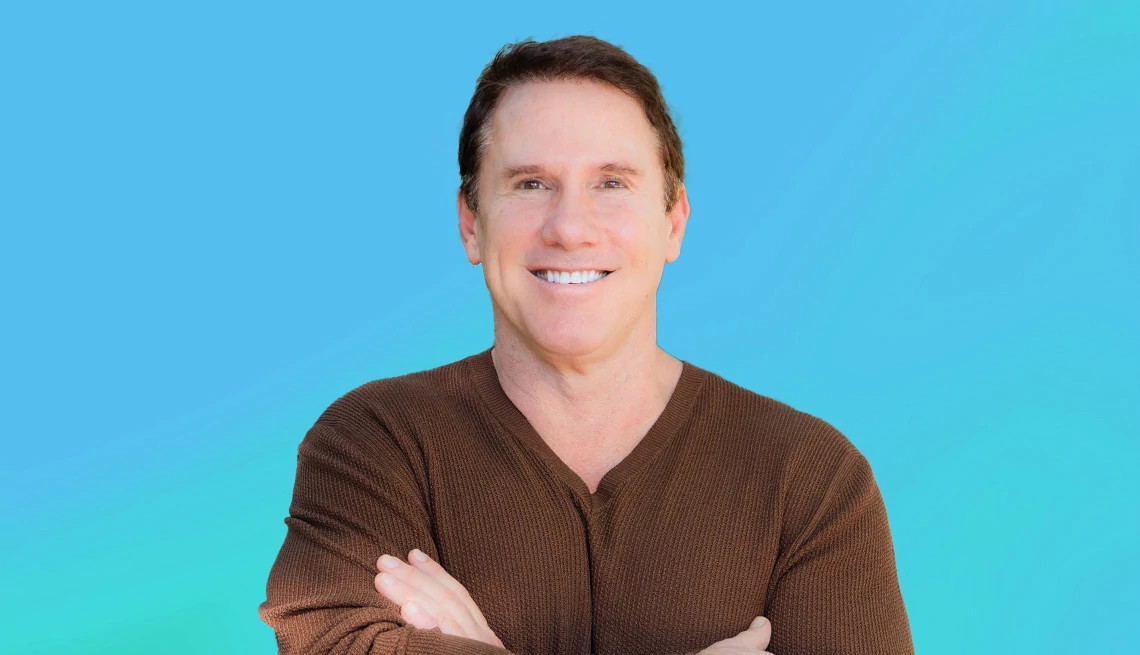.jpg?crop=true&anchor=0,0&q=80&color=ffffffff&u=lywnjt&w=1140&h=655)
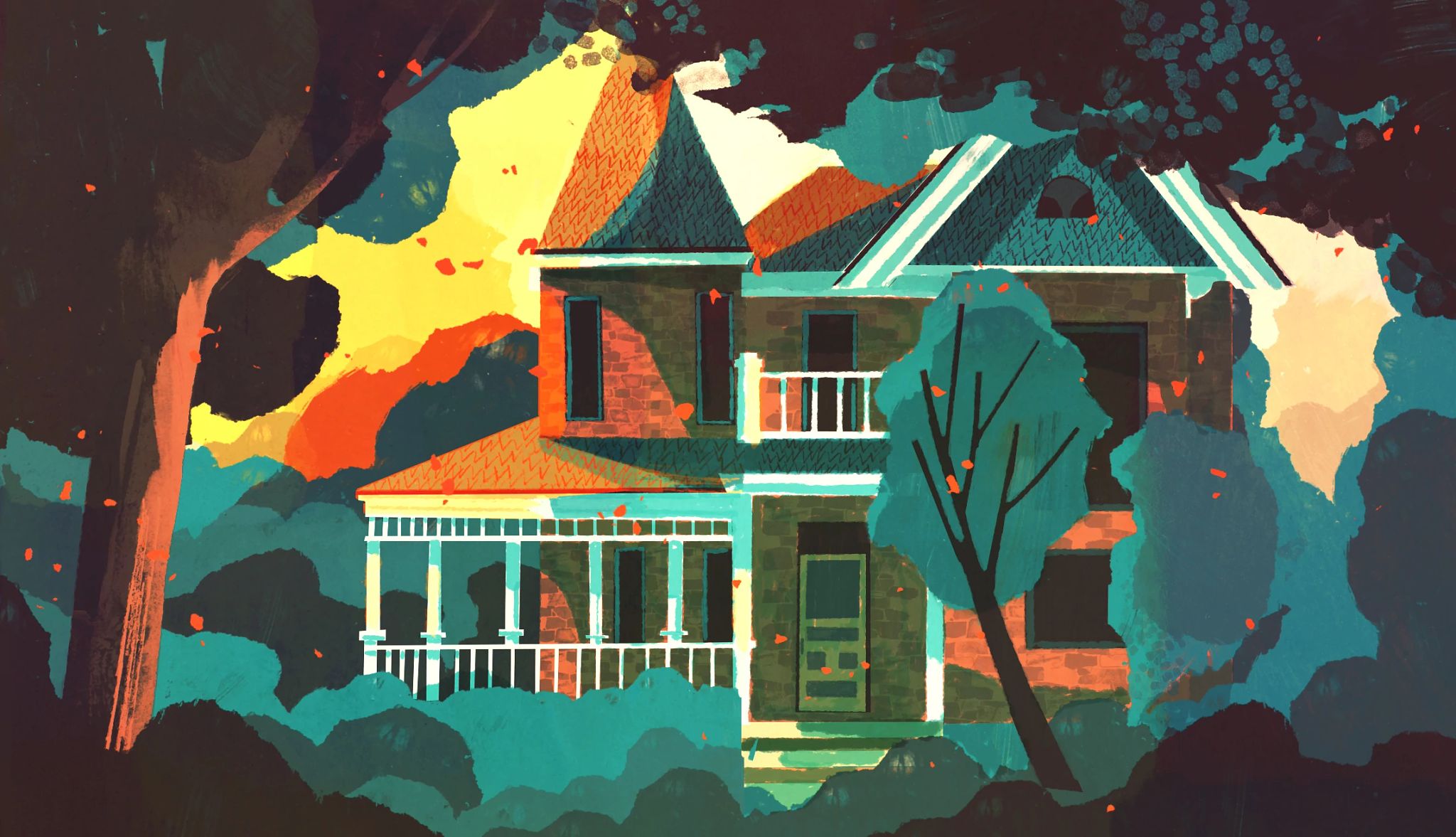
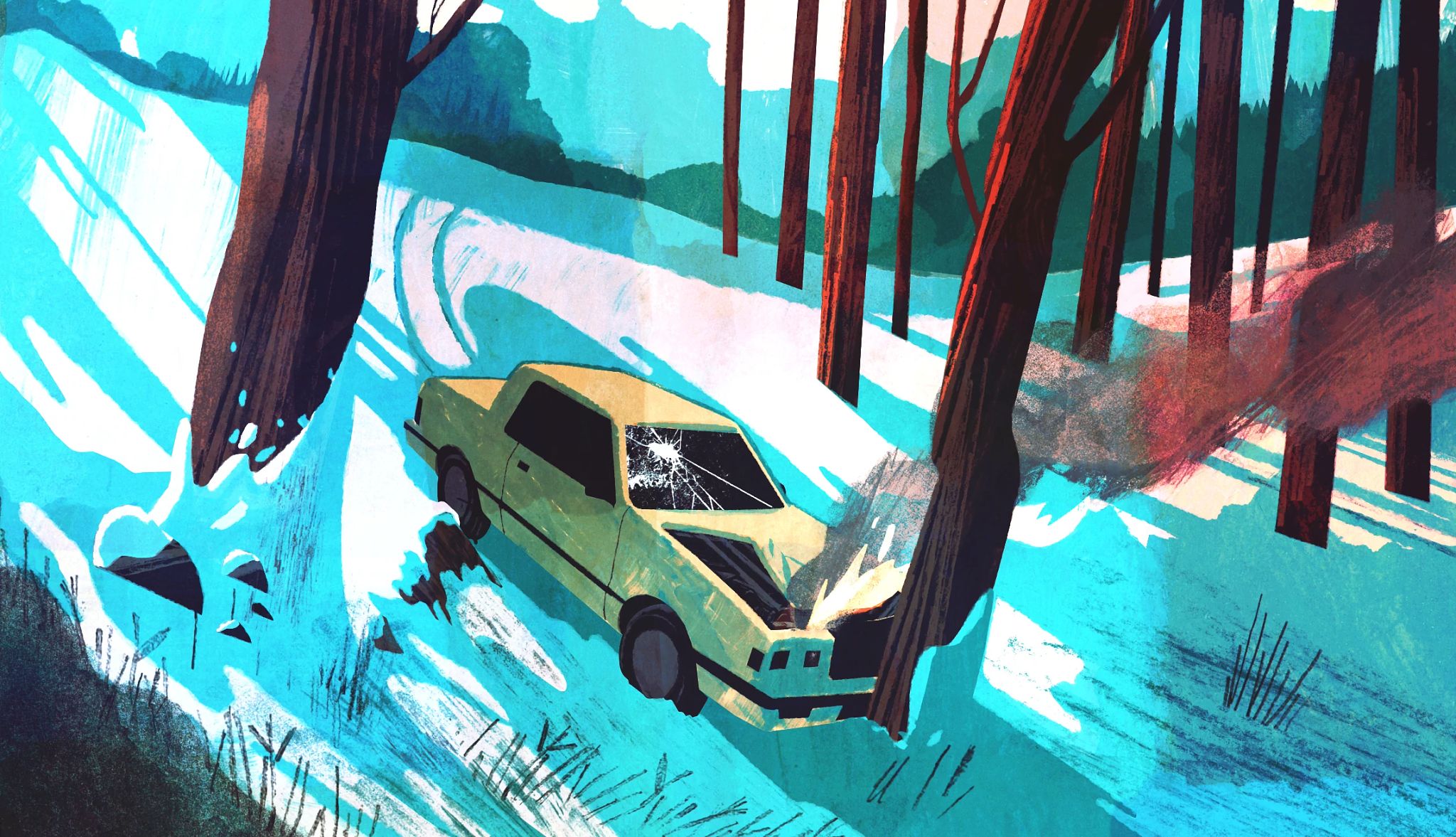
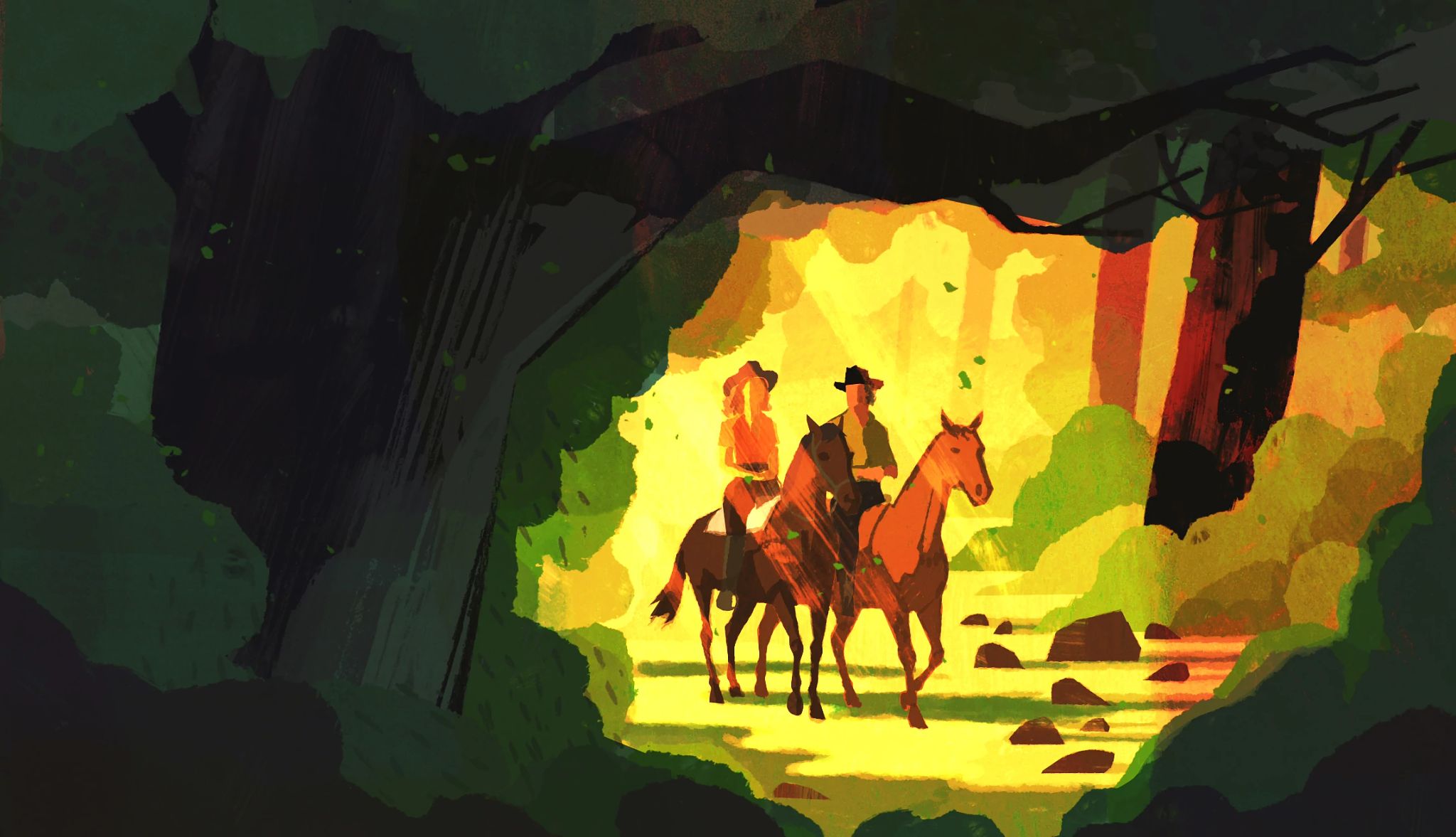
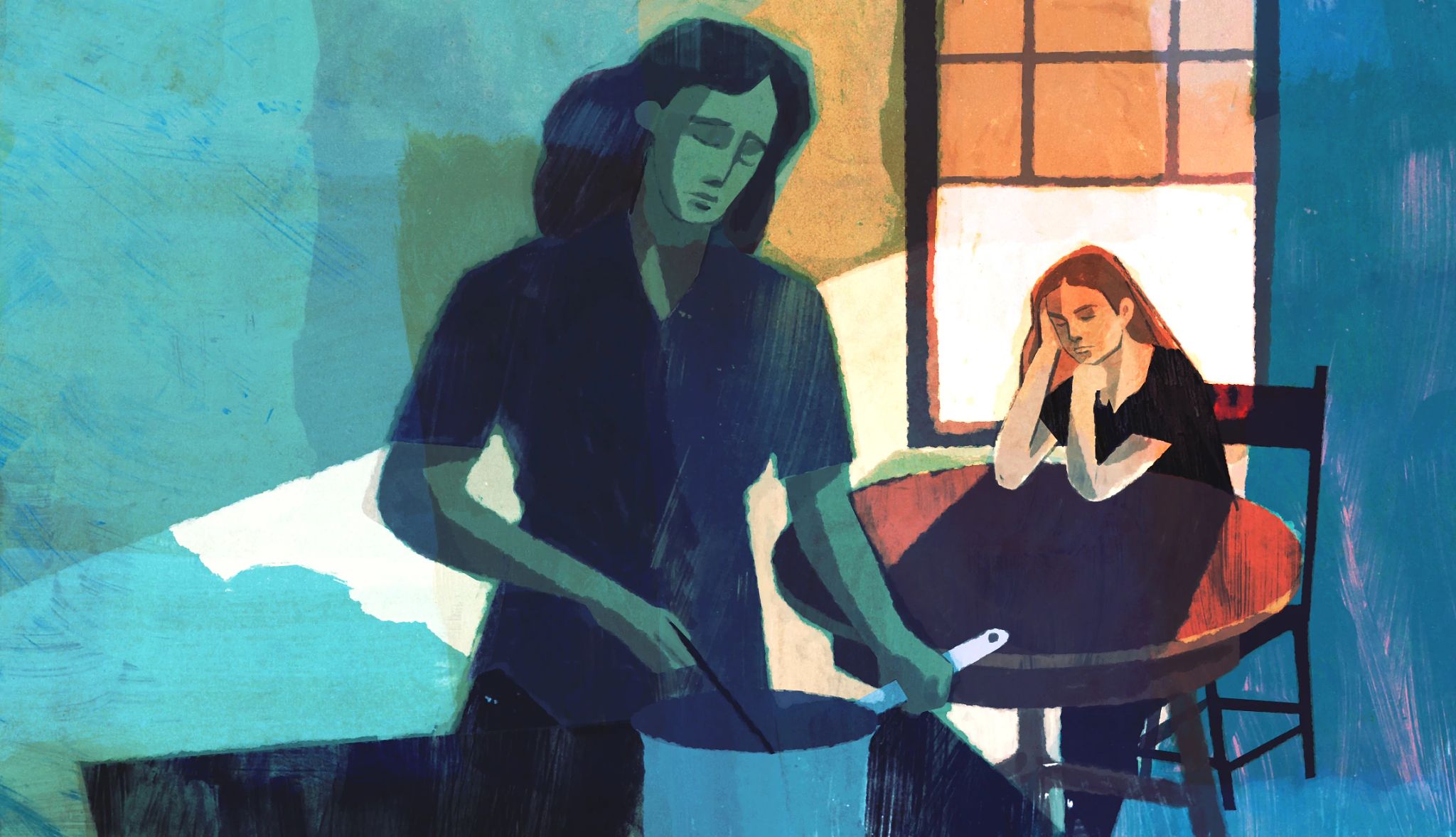
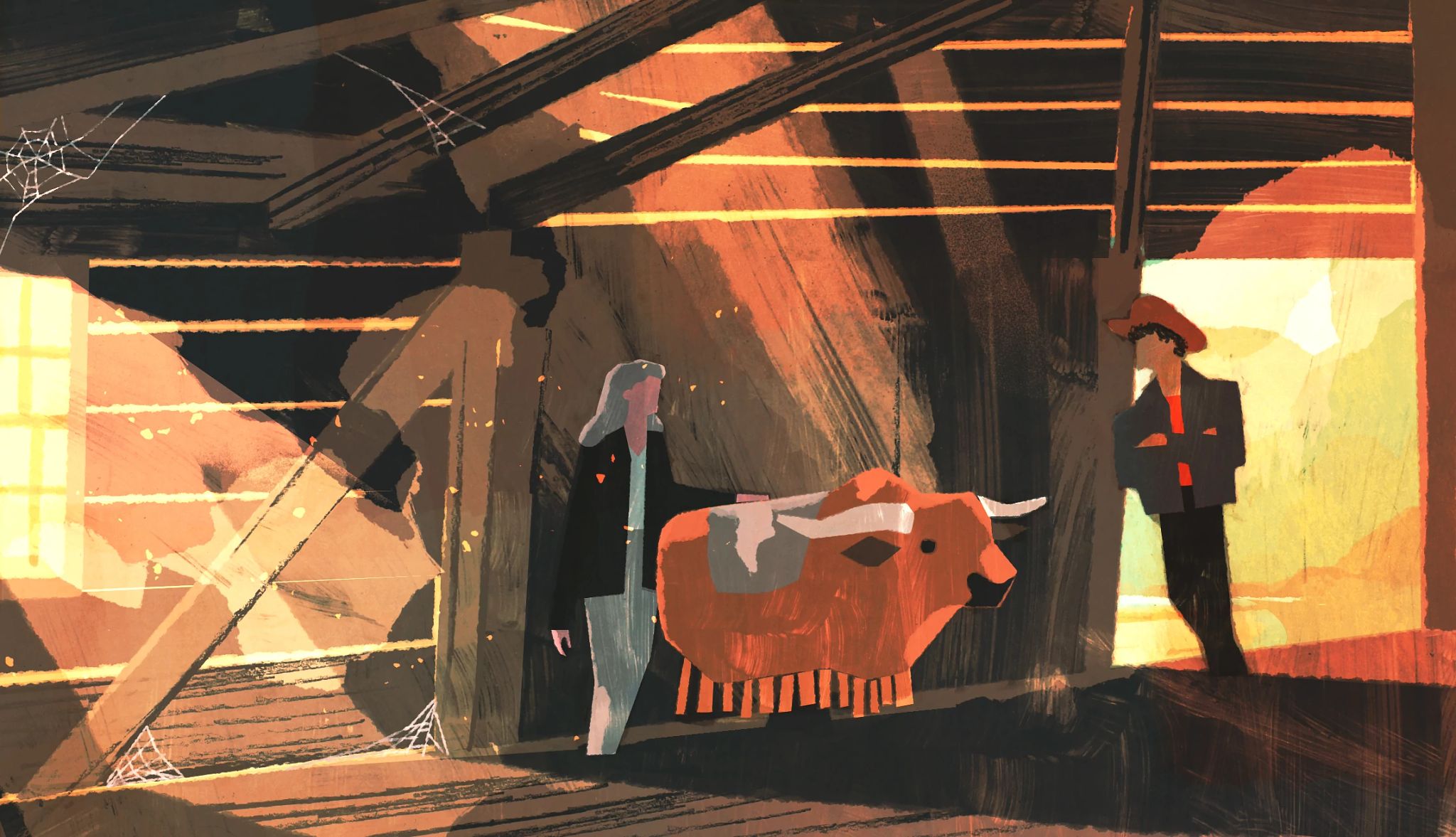
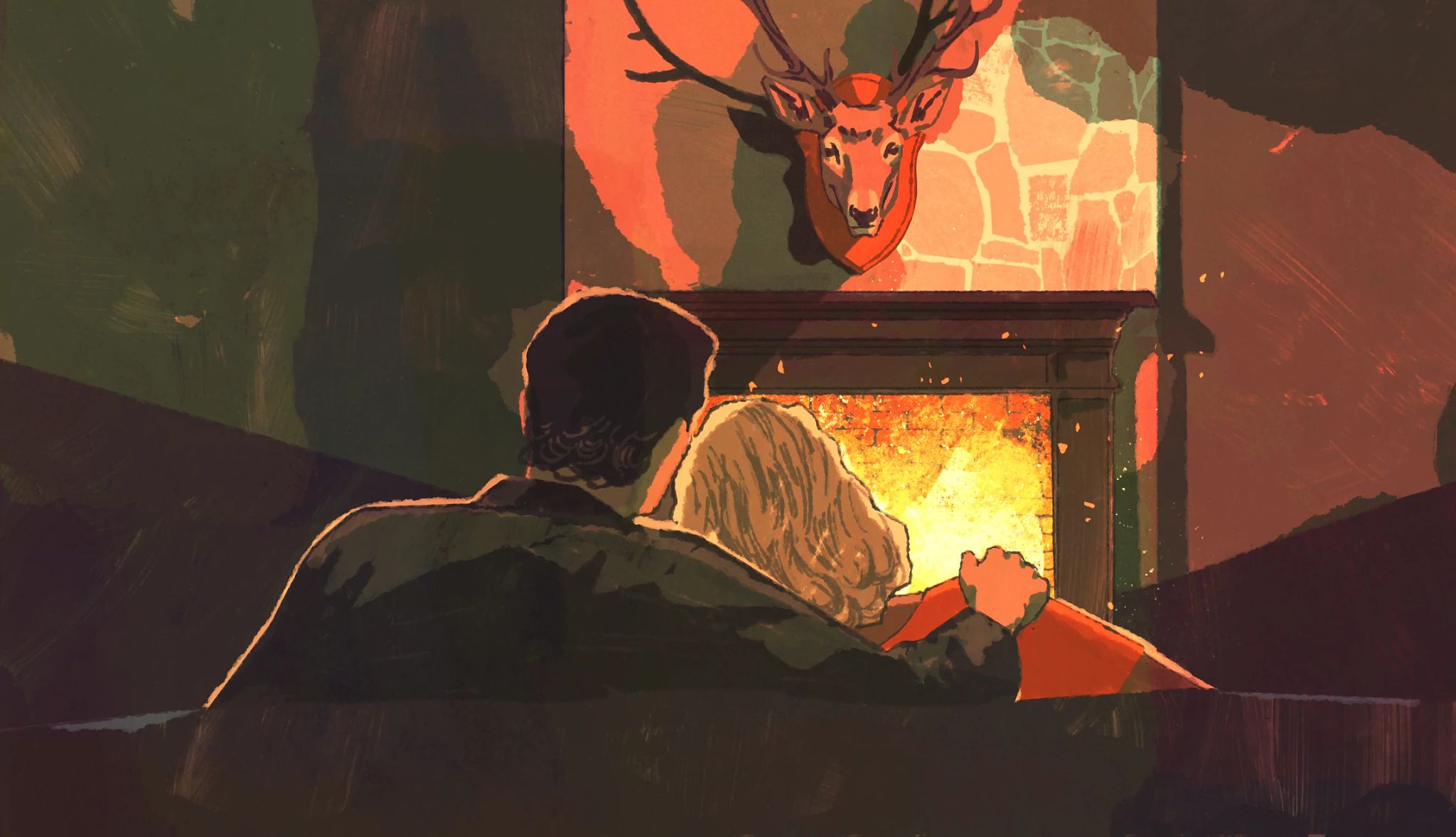

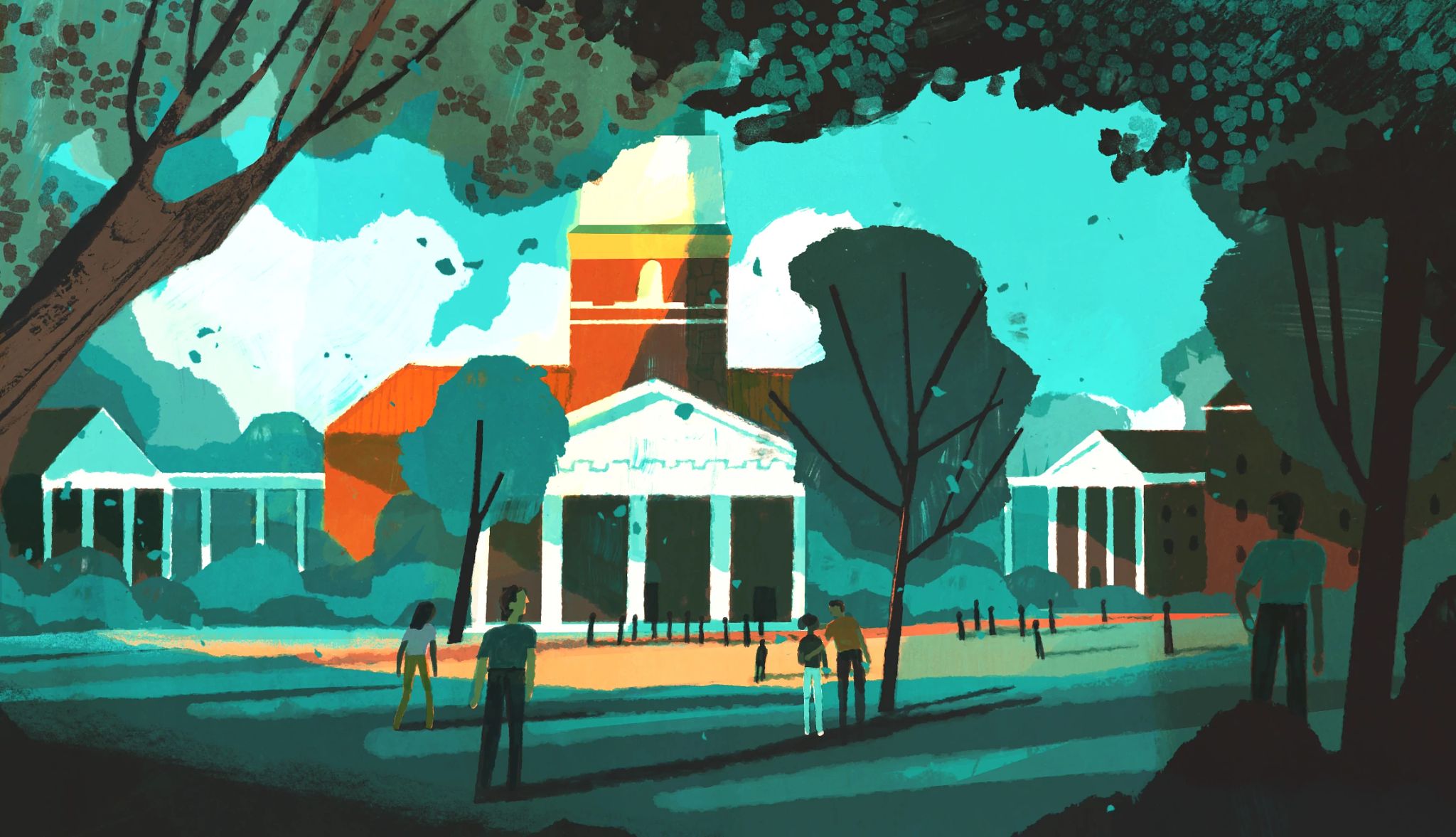
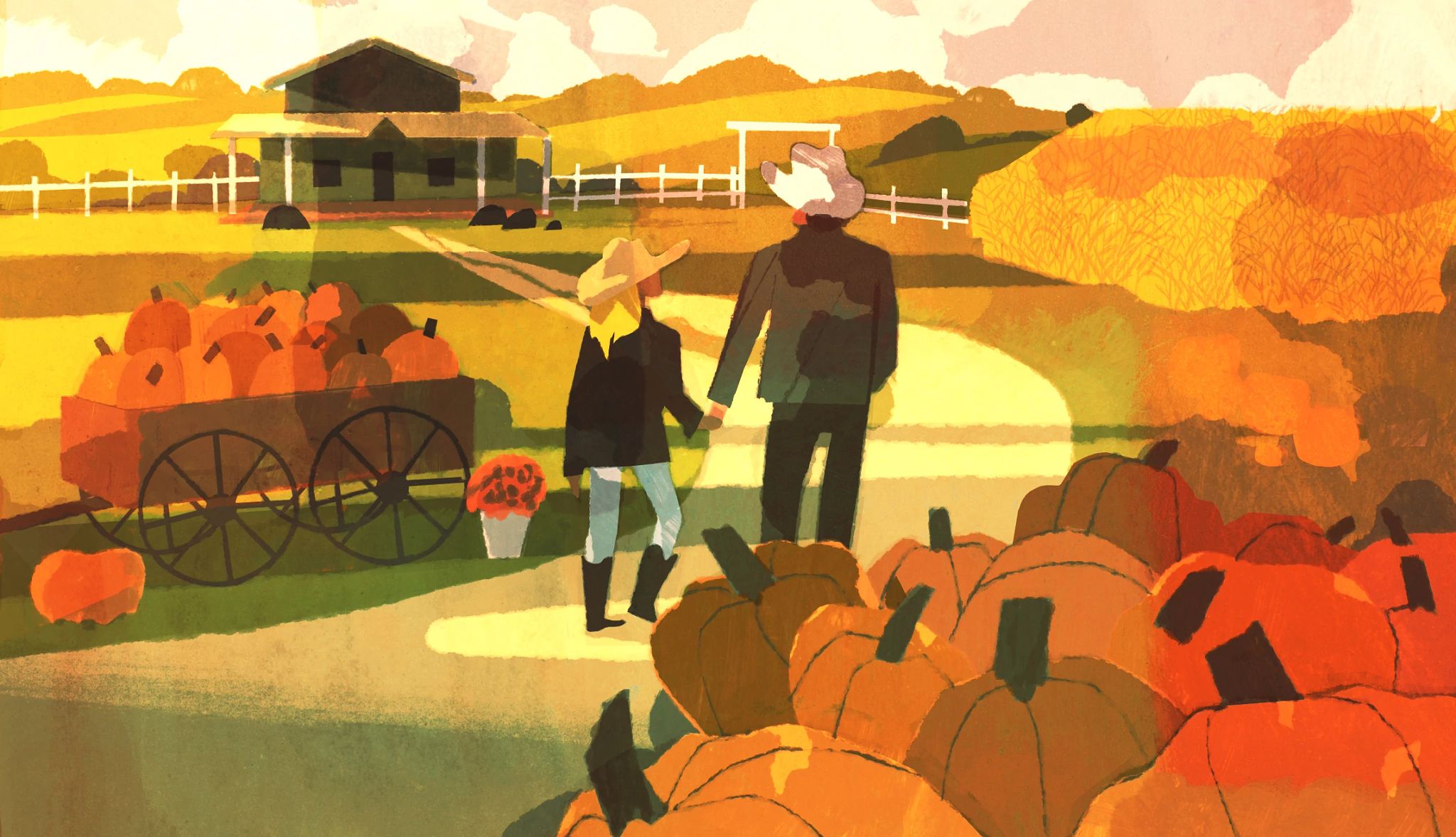
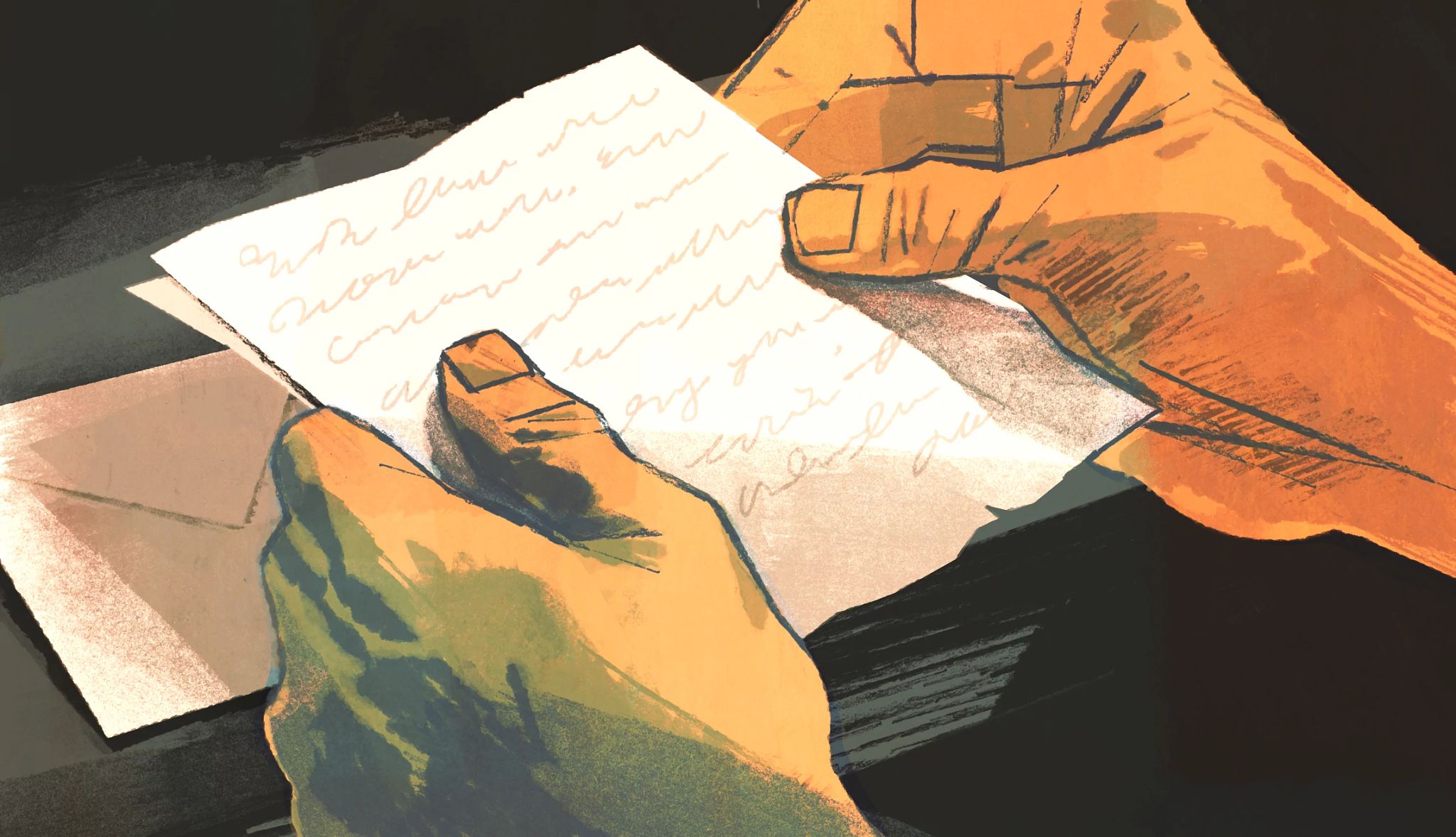
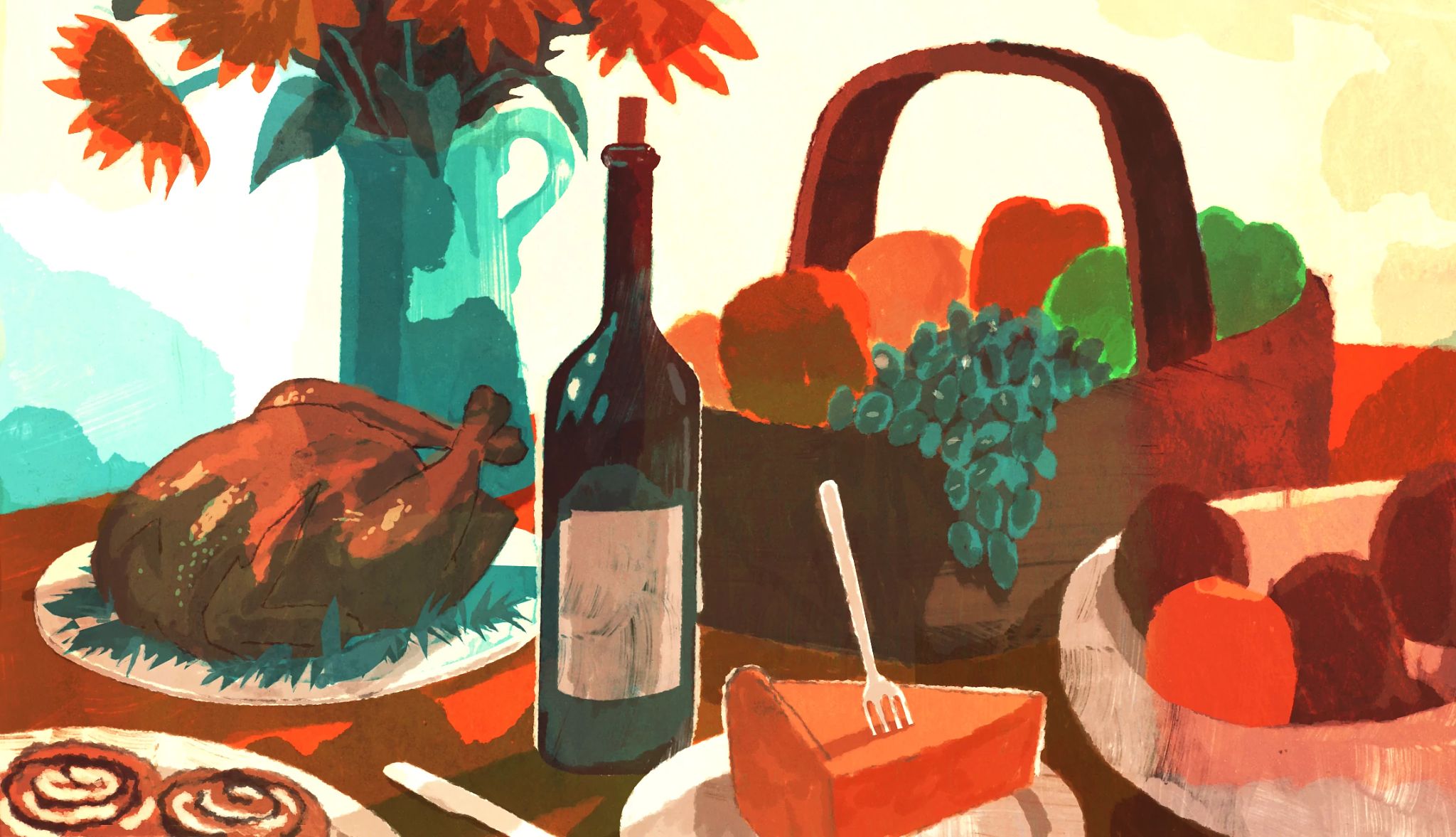


You Might Also Like
Is Nicholas Sparks as Romantic as the Leading Men in His Stories?
Author of ‘The Longest Ride’ and other best-selling novels discusses life, love and his new book, ‘Counting Miracles’
Free: ‘The Excitements’ by CJ Wray
Feel-good romp follows the law-breaking escapades of two quirky 90-something WWII vet sisters
More Free Books Online
Check out our growing library of gripping mysteries and other novels by popular authors available in their entirety
Recommended for You